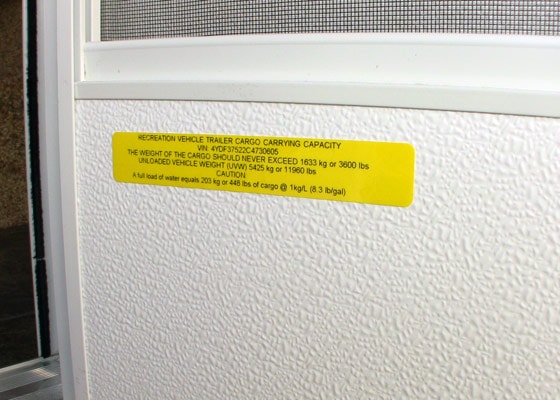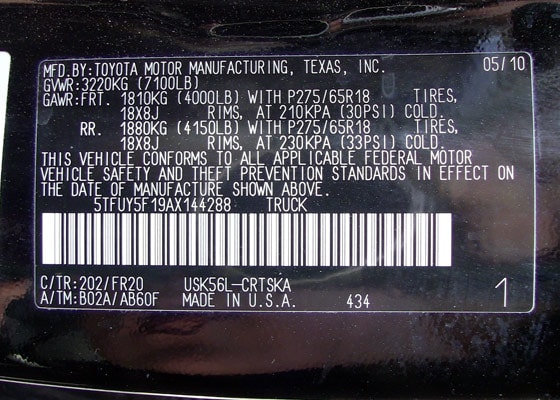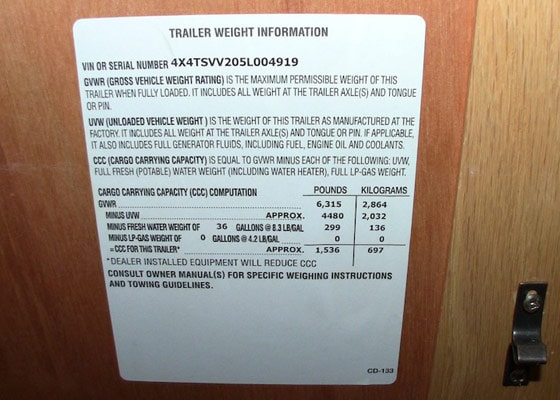RV Tow Ratings & Towing Capacity
Tow Like a Pro: Essential Tips for RV and Fifth Wheel Towing
For those considering a towable RV, such as fifth wheels, travel trailers, or pop-up campers, the benefits are numerous. Affordability and variety stand out, as towable RVs are generally less costly and offer a wide range of options, from compact campers to expansive models with luxurious amenities. On the other hand, motorhomes provide durability and simplicity of travel with the convenience of an all-in-one package that's easy to drive and requires no hitching.
Regardless of whether you opt for a towable or a motorhome, towing a travel trailer requires adherence to weight restrictions and a solid understanding of the gross combined weight rating (GCWR). Always perform a pre-ride inspection, ensuring everything from engine fluids to signal lights is in check. Practice is paramount; spend time in an empty parking lot mastering the basics of driving with a trailer. This practice will pay dividends when navigating the constraints of campgrounds and mastering the art of reversing and parking.
Towing a fifth wheel, a popular and luxurious type of RV, may seem daunting if you're new to the experience. However, with the right preparation and understanding, it need not be intimidating. Ensuring your vehicle is equipped with a sufficient gross combined weight rating, a powerful engine, and appropriately sized mirrors is crucial. Additionally, conducting a thorough inspection of your vehicle and RV—checking tire pressure, engine fluids, and signal lights—before departure will set the stage for a smooth journey.
Finally, when the time comes to hit the road, minimize distractions. Driving with a travel trailer demands your full attention, as the dynamics of driving change with the added length and weight. Focus on the road, let your co-pilot manage navigation and other tasks, and ensure a safe trip for you and your family. Embrace the learning curve, and soon, towing your RV will become second nature, paving the way for countless unforgettable adventures.
Vehicle Weight Terms
Getting an accurate tow rating requires some research on your vehicle and the travel trailer or fifth wheel you are looking to buy. Going this route versus an approximation helps ensure the safety of your family and the mechanical health of your vehicle. Here are a few key terms to become familiar with when determining tow ratings:
CGWR (Combined Gross Weight Rating) - This is the combined gross weight rating. It is the maximum allowable weight your vehicle, with cargo and passengers, and a trailer can weigh. The CGWR can be found labeled on the inside of the driver's side door.
GVWR (Gross Vehicle Weight Rating) - The maximum permissible weight of the trailer when fully loaded. It includes the maximum allowable weight at the trailer axle(s) plus the hitch (tongue/pin) weight. The GVWR is typically found labeled in pounds and kilograms on the driver's side towards the front of a trailer.
UVW (Unloaded Vehicle Weight) - The weight of a trailer as manufactured at the factory. Also known as "dry" or "shipping" weight. It includes all weight at a trailer's axle(s) and hitch.
CCC (Cargo Carrying Capacity) - US-Equal is GVWR minus the UVW and LP gas weight (Water is considered a component of cargo). Canada-Equal is GVWR minus the UVW, full fresh (potable) water weight (including the water heater), and full LP gas weight. CCC information can be found labeled on the trailer in the same area as the GVWR.
To be completely accurate, there are several more factors involved when determining tow rating. However, basic logic tells you if CGWR is less than the UVW, and especially the GVWR, it's a sound bet your vehicle is not suited to tow the RV you want to buy.
Along with reviewing your towing vehicle owner's manual, chapter 3 of the Keystone RV Owner's Manual does a nice job explaining load limits and towing considerations. A PDF version of the Keystone RV Owner's Manual is available on our website.
In addition to the Keystone RV Owner's Manual, feel free to contact Pete's RV Center with further questions on tow ratings, towing capacity, and trailer hitches.

Weight values for an RV are found on the inside of the entry door. For older RVs, they are found in a kitchen cabinet.

Weight values for a vehicle are found inside the driver's side door.

Knowing tow ratings and towing capacity helps you choose the right hitch.



